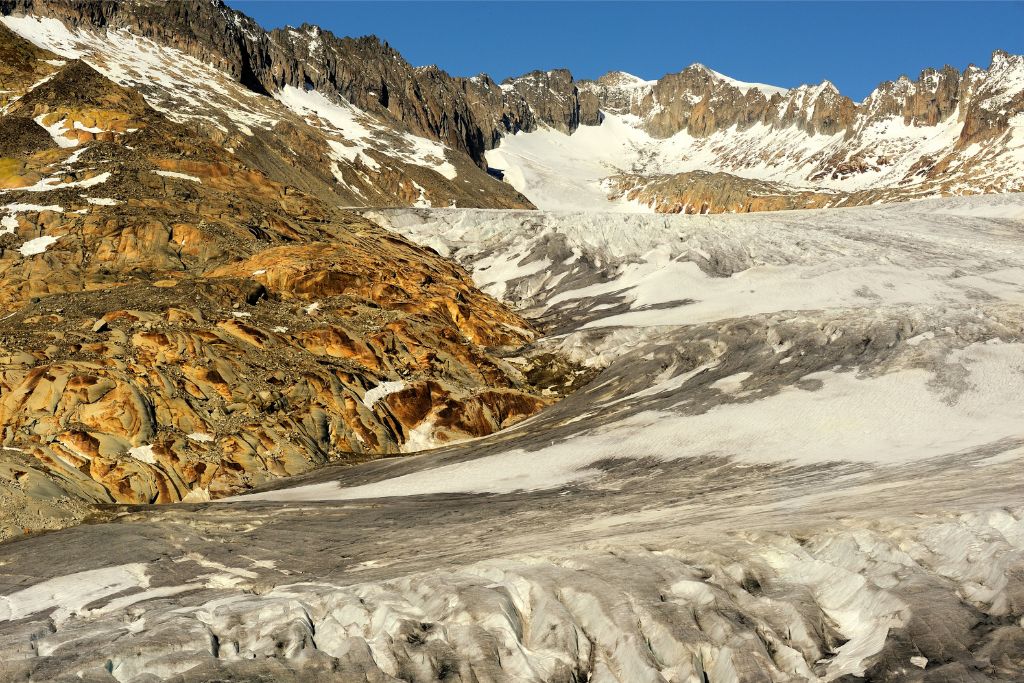In its latest report, the World Meteorological Organisation (WMO) projects the future of heatwaves, temperature rises, and ice melts in Europe and the role of renewables in the clean energy revolution.
_
Europe has warmed at a rate that is twice as much as any other continent in the world since the 1980s, with significant effects on the ecosystems and socio-economic structure of the area, the World Meteorological Organisation (WMO) has found.
According to its latest report, Europe’s temperatures in 2022 were about 2.3C higher than the pre-industrial average. Belgium, France, Germany, Ireland, Italy, Luxembourg, Portugal, Spain, Switzerland, and the United Kingdom recorded one of the warmest summers in 2022, with an anomaly of almost 0.79C above the average for the period between 1991 and 2020, thus making last year’s annual average temperature in Europe among the second and fourth warmest on record.
France experienced its driest January to September since 1976, and the United Kingdom had its driest January to August since 1976 due to below-average precipitation across much of the region in 2022, which had significant impacts on agriculture and energy output. By the end of 26th of July, Spain’s water reserves were just 41.9% of their maximum capacity, with certain basins having even less.
Some of the main implications of this change in temperature include ripple effect on aspects such as energy supply and demand, water reserves, and ice sheet melting.
Between 1997 and 2022, European glaciers lost around 880 cubic kilometres (211 cubic miles) of ice. With a 34-metre (111.5 feet) average fall in ice thickness, the Alps were the hardest hit. Due to insufficient winter snowfall, an exceptionally warm summer, and dust deposits from the Sahara, the Alps’ glaciers lost mass at a record-breaking rate in 2022.
But as a sign of hope for the future, last year saw renewable energy producing more electricity than dirty fossil gas for the first time. In 2022, wind and solar energy generated 22.3% more electricity than fossil fuels (20%) in the European Union. Moreover, a recent report by the International Energy Agency (EIA) suggested that the power sector is set for a “tipping point” on its carbon dioxide emissions in 2025, as renewables and other cleaner sources, including nuclear energy, are on track to cover most of the new global electricity demand.
Despite the rise in temperatures, the 27-nation bloc has been able to lower emissions by 31% between 1990 and 2020 and aims to achieve a 55% cut by 2030.
“In the EU, wind and solar power generation surpassed fossil fuel generation for the first time. To lessen reliance on fossil fuels, it is essential to employ renewable and low-carbon energy sources more frequently”, said WMO Secretary-General Prof. Petteri Taalas.
“Climate services play a key role in ensuring the resilience of energy systems to climate-related shocks, in planning operations, and in informing measures to increase energy efficiency.”
You might also like: The Key Takeaways From the 2022 Summer Heatwaves


















